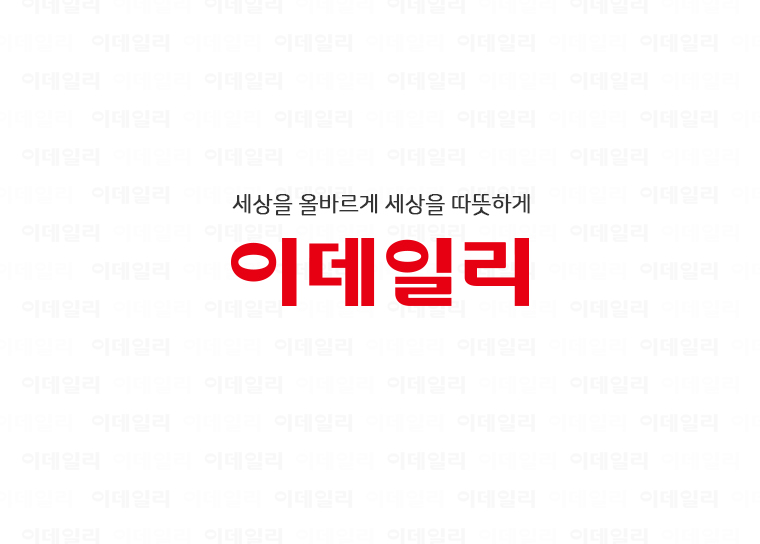The kidney, nicknamed’water purifier’ in the body, is the size of an adult fist, shaped like a gangnam bean, and is an organ located on the back. The kidneys, also called kidneys, play a role in removing unnecessary wastes while leaving the necessary materials among wastes generated in the body. In addition, it prevents the electrolyte balance from being broken, regulates renin hormone secretion and salt excretion, regulates blood pressure, and activates vitamin D to help absorb calcium in the body to make strong bones.
When the kidneys are damaged due to various causes or the kidney function is deteriorated for more than 3 months, it is called’chronic kidney disease’ or’chronic kidney failure’. In Korea, the number of patients is increasing as risk factors such as diabetes and high blood pressure increase due to aging. According to the National Health Insurance Review and Assessment Service’s statistics on diseases of interest, from 17,576 in 2015 to 249,283 in 2019, an increase of 46.1%.
“In case of chronic kidney disease, there are no symptoms in the early stage, so many people know after chronic kidney disease has progressed considerably,” said Lee Ga-hee, manager of the artificial kidney center at Daedong Hospital. It is better to visit a medical institution and receive a diagnosis.”
Patients with high likelihood of developing chronic kidney disease include ▲diabetes ▲high blood pressure ▲obesity ▲smokers ▲50 years old or older ▲kidney disease, diabetes, family history of high blood pressure ▲continuous frothyuria, hematuria ▲kidney infection, etc. Therefore, in this case, it is necessary to check for abnormalities in kidney function through regular checkups.
In particular, if proteinuria and hematuria are observed at the examination, or if you have suspicious symptoms such as frothy urine, hematuria, frequency, strange odor, sudden weight change, or back pain in the urine, it is recommended to consult a renal physician.
For diagnosis, blood urea nitrogen concentration, blood creatinine concentration, and glomerular filtration rate are checked through urine and blood tests, and according to the test index, it is classified from stage 1 to stage 5 to stop or slow the progression of kidney function to the last stage. Targets include drug therapy, diet, hemodialysis, peritoneal dialysis, and kidney transplant.
In order to prevent chronic kidney disease, blood pressure and blood sugar should be measured regularly, and if you have high blood pressure or diabetes, you should constantly treat it. Eat a low-sodium diet with less than 2g of sodium per day, exercise consistently and maintain a normal weight. It is advisable to quit smoking and stop drinking as much as possible.
Meanwhile, the artificial kidney center at Daedong Hospital completed the expansion remodeling work in January, operated a two-person system of renal surgeons, and greatly improved the treatment environment by operating state-of-the-art facilities and dialysis equipment for a total of 26 beds. In addition, by establishing a system that can provide customized dialysis treatment for each patient through cooperative treatment with various professional medical staff such as Endocrinology, Circulatory Medicine, Vascular Surgery, and Radiology, and providing international standard treatment to dialysis patients, the recent Korean Nephrology Society It has been receiving great response from local chronic kidney disease patients by acquiring the excellent artificial kidney room certification twice in a row.
